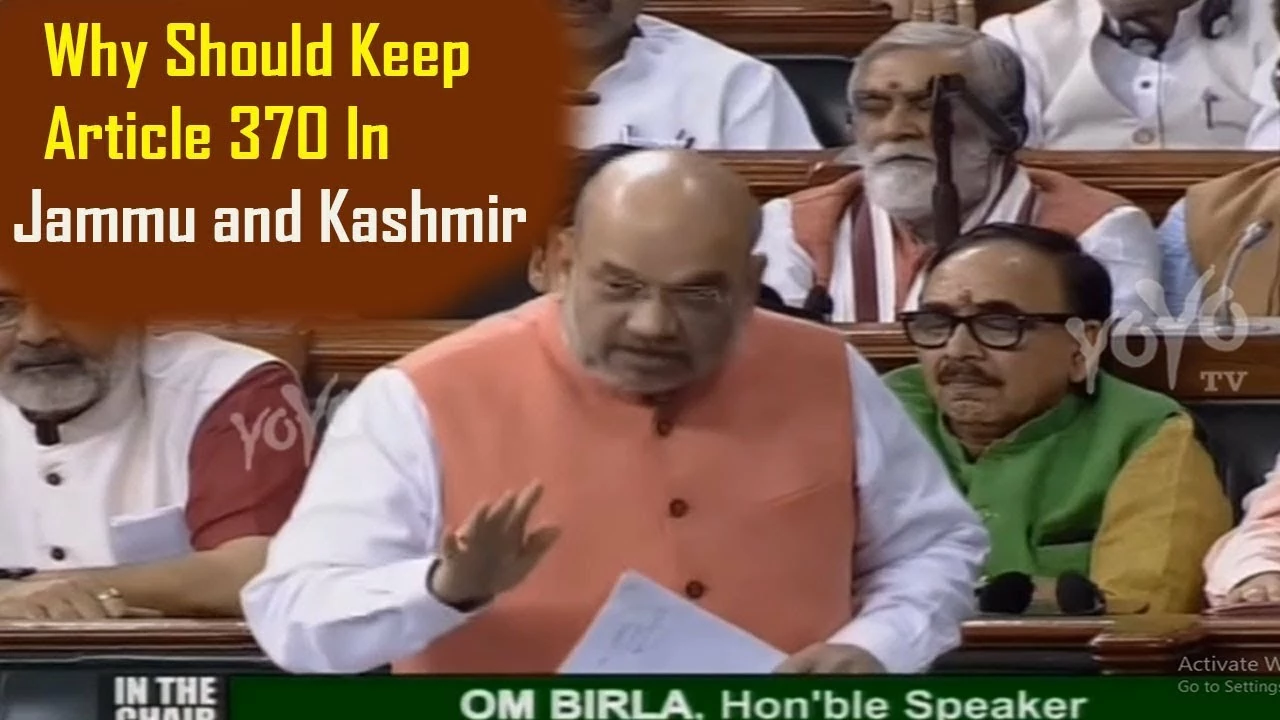Amit Shah: Who He Is and What He Does
Amit Shah is one of the most recognizable faces in Indian politics today. He started out as a small‑town boy from Gujarat and climbed the political ladder to become the Union Home Minister and a top leader in the Bharatiya Janata Party (BJP). If you’re wondering why his name keeps popping up in headlines, it’s because he runs many of the country’s biggest security and internal affairs decisions.
Born in 1964, Shah joined the Rashtriya Swayamsevak Sangh (RSS) as a teenager, which set the stage for his political career. He met Narendra Modi during their early days in Gujarat and later helped the BJP win several key elections. By the time he was appointed Home Minister in 2019, he had already earned a reputation as a master strategist.
Key Policies and Initiatives
Since taking office, Shah has launched a few high‑profile policies that affect everyday life. The most talked‑about is the Citizenship Amendment Act (CAA), which changed how citizenship is granted to refugees from neighboring countries. He also pushed the National Register of Citizens (NRC) in several states, aiming to tighten borders and reduce illegal immigration.
On the security front, Shah introduced the “National Security Act” revisions, giving police more power to detain suspects. He also oversaw the creation of new cyber‑crime units to tackle online threats. Those moves have been praised by supporters who say they make India safer, while critics argue they risk civil liberties.
Controversies and Public Opinion
Shah’s tenure isn’t without heat. Protesters have taken to the streets over the CAA and NRC, claiming the laws discriminate against certain communities. Media outlets frequently debate whether his policies strengthen democracy or undermine it. Even within the BJP, some senior members push back on his aggressive approach.
Despite the backlash, Shah remains a powerful player. He often appears on news channels defending his decisions, and his speeches are packed with data and tough‑tone messaging. For many voters, his firm stance on security resonates, while others worry about the long‑term impact on minority rights.
What’s clear is that Amit Shah’s influence extends far beyond his official title. He’s involved in election strategy, party organization, and shaping the narrative around national identity. Whether you see him as a strong leader or a polarizing figure, his actions shape the political conversation across the country.
If you want to keep up with Amit Shah’s latest moves, watch the daily news, follow reputable analysis sites, and check official government releases. Knowing his policies helps you understand the bigger picture of India’s political climate and how it might affect you.
Amit Shah: No benefit to country, Kashmir from Article 370?
In his recent statement, India's Home Minister, Amit Shah, declared that Article 370, which granted special status to Jammu and Kashmir, brought no benefits to the country or the region itself. According to him, this provision only promoted corruption, nepotism and hindered development in the area. He firmly believes that the abrogation of Article 370 will pave the way for Kashmir's progress. His remarks have ignited a heated debate nationwide, with opinions divided on the issue. As a blogger, I am intrigued by the different perspectives and eager to delve deeper into this controversial topic.
